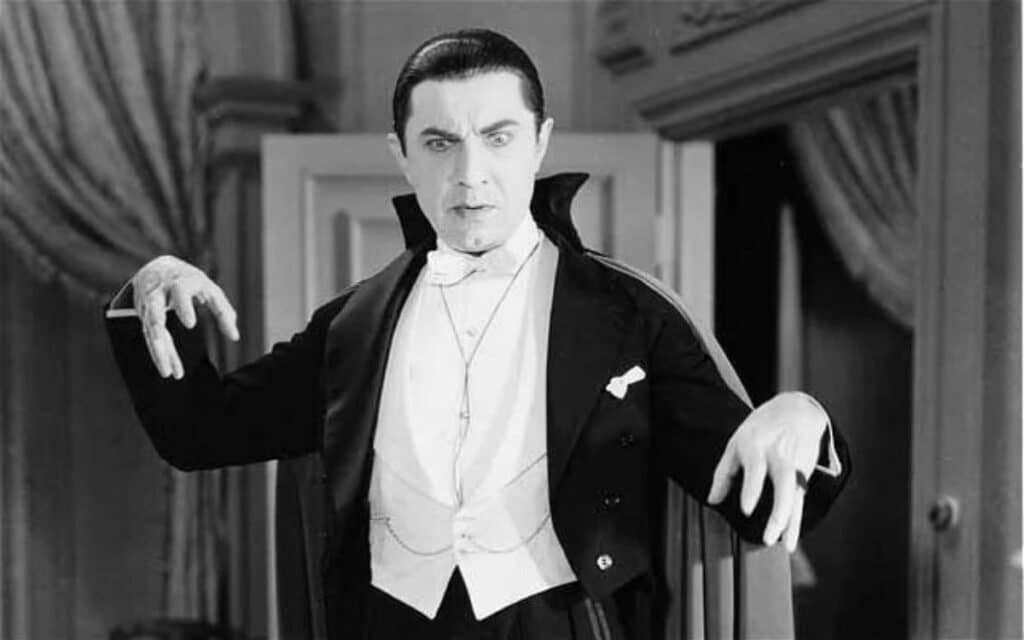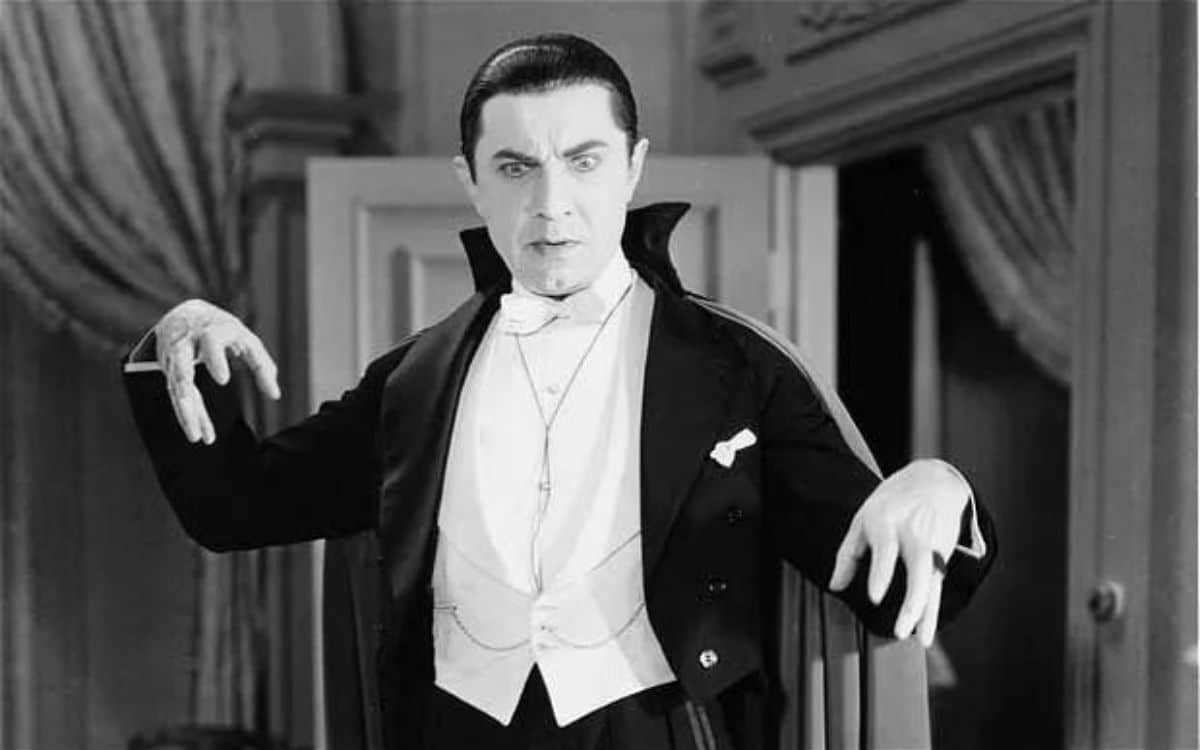Discover 20 intriguing facts about Bram Stoker’s Dracula, exploring its origins, inspirations, and lasting legacy, thanks to WILLIAM BOVE

With Halloween just around the corner, it’s the perfect time to delve into the world of Dracula. The infamous Count has captivated us for more than 120 years, and now’s the perfect moment to reflect on his legacy. Here are some intriguing facts about the legendary vampire…
The Appearance of Dracula
In the original novel, Dracula looked like a furry, bushy, and wild creature with peculiarly sharp white teeth. He didn’t resemble a man very much – at least not a man Victorian England was used to.
The Origin of Dracula’s Name
Dracula has no first name – it is simply “Dracula,” which means “devil” in Wallachian.
Dracula’s Original Name
Count Dracula’s original name in Bram Stoker’s early drafts was “Count Wampyr”.
Dracula’s Pact with the Devil
According to research and hints left by Van Helsing, Dracula became a vampire through a pact with the devil, a figure the Dracula family often trafficked with.
Dracula’s Arrival in Whitby
Dracula arrives in Whitby with 50 boxes of mouldy earth from Transylvania. The earth, taken from graves, is crucial for him to rest upon, with each box representing a grave for each of the properties he plans to buy in England.
Dracula’s Cinematic Legacy
To date, more than 200 Dracula films have been made, with Christopher Lee starring in 11 of them.
Bram Stoker’s Inspiration for Dracula
Bram Stoker based Dracula’s mannerisms on his client, Henry Irving, whom Stoker hoped would play Dracula in stage productions. However, this dream was never realised.
Bram Stoker’s Financial Struggles
The year before his death, Bram Stoker was in such poverty that he compassionately appealed to the Royal Literary Fund for a grant.
Dracula’s American Success
The 1931 American film “Dracula,” starring Bela Lugosi, propelled the novel to its enduring success. Since then, the novel has never been out of print.
Stoker’s Connection to Whitby
Bram Stoker often vacationed in Whitby, a place that became a significant location in his novel.
The Death of Dracula
In the book, Dracula could only be destroyed after his head was severed, followed by driving a stake through his heart.
Copyright Issues
Due to Bram Stoker’s lack of attention during the copyright process, Dracula went straight into the public domain after publication, a fate that also befell George Romero with Night of the Living Dead.
Stoker’s Son
Bram Stoker had a son named Irving Noel Thornley Stoker.
Dracula’s Cultural Standing
Dracula has been favoured above literary figures like Mary Shelley, Edgar Allan Poe, and Emily Brontë.
Stephen King’s Tribute
Stephen King wrote Salem’s Lot as a tribute to Bram Stoker.
Bela Lugosi’s Legacy
Bela Lugosi’s portrayal of Dracula inspired the character “The Count” on Sesame Street.
Frankenstein vs. Dracula
While Mary Shelley’s Frankenstein was also written in epistolary form, the creature had a narrative point of view – Dracula does not.
Jack the Ripper’s Influence
Bram Stoker began writing Dracula during the period when Jack the Ripper was making headlines, influencing the dark tone of the novel.
Henry Irving’s Influence on the Count
Bram Stoker’s difficult relationship with his boss, Henry Irving, may have influenced the portrayal of Count Dracula as a villain.
Inspiration for Lucy’s Death
Lucy’s gruesome death scene may have been inspired by an incident involving Dante Gabriel Rosetti. He exhumed his wife’s body seven years after her death to retrieve a book of love poems, an eerie event likely on Stoker’s mind when he wrote Lucy’s demise.
Do you love Bram Stoker’s Dracula? Tell us your thoughts in the comments section below!



